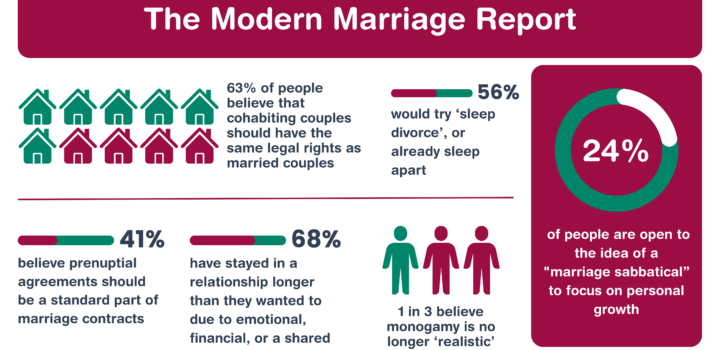February is LGBTQ+ History Month, and here at Rayden Solicitors we are proud of our commitment to inclusivity and support of the LGBTQ+ community. It may surprise you to know that it was not until 2002 that same-sex couples were granted the same rights to adopt as heterosexual couples, following the introduction of the Adoption and Children Act.
If you are an LGBTQ+ couple considering expanding your family, there are various options available, including adoption and surrogacy. We are surrogacy solicitors who can support all couples, no matter how you identify, to safely and efficiently navigate what can be a very challenging, though ultimately incredibly rewarding, process.
What are the steps in the adoption process?
The Department for Education reports that one in six adoptions in 2020 were to same sex couples. There are various stages to the adoption process, including:-
- Exploration – considering the various adoption agencies, and whether, for example, you are seeking a domestic or international adoption;
- Registration – either with a private adoption agency or through your local council;
- Training and Assessment – this may include parenting classes or courses, as well as police checks, social worker visits and the collection of three personal references.
- Matching with a Child & Moving In – what many people consider to be the final stage of the adoption process.
After all of the above stages have been completed and your new child has settled in, you still need to apply for an Adoption Order to ensure the adoption is official and legal. An Adoption Order can be applied for after a minimum of 10 weeks, and is vital to obtain as it extinguishes the right of the birth parent[s], giving you and your partner or spouse full parental responsibility for the child.
Adoption is a wonderful pathway to parenthood and gives children the chance to have a secure home environment and the care of a loving family.
What are the key surrogacy laws?
Surrogacy can again be pursued domestically or internationally, and there are key differences relating to the legal position of the prospective parents and surrogates depending on the jurisdiction.
Common overseas surrogacy destinations are the USA and Canada – this is due to the fact that the prospective parents are recognised as the legal parents from birth. In the UK, by contrast, the prospective parents are not given the same legal protection, and the surrogate can change their mind at any point until a Parental Order is obtained. This is the case even if a Surrogacy Agreement has been duly signed by all parties, and if the surrogate has already had their expenses paid (please note it is not legal to pay a surrogate in the UK – you may pay them in respect of their ‘reasonable expenses’ only).
A Parental Order reassigns parental responsibility, however the process is complex. The order must be applied for within 6 months of the child’s birth, and the parent[s] must satisfy the court that the making of such an order is in the child’s best interests, and confirm they satisfy all the relevant criteria.
Can individuals adopt or pursue surrogacy?
Please also note that whilst reference has been made to couples, adoption and surrogacy are open to individuals, and there is no requirement to be in a relationship of any kind.
How can family law solicitors support LGBTQ+ couples?
Whilst both options are complex processes, providing support and advice for prospective adopters and surrogates is one of the most rewarding aspects of our job, and so we would be delighted to hear from you if you are considering becoming a parent.
















